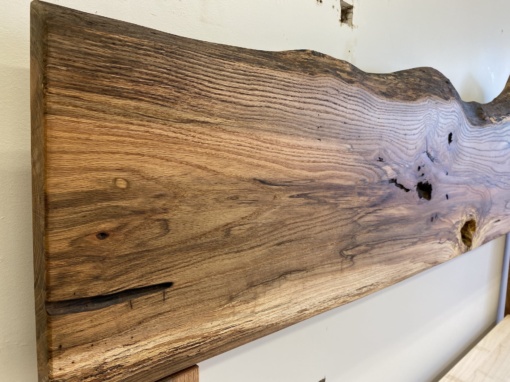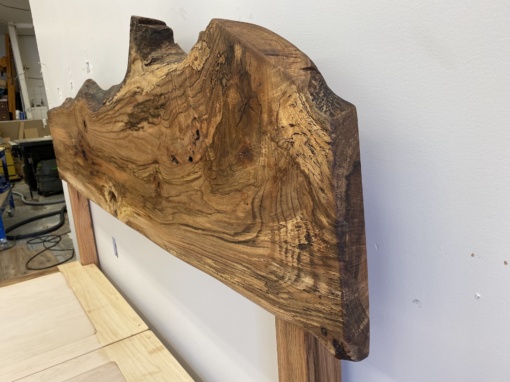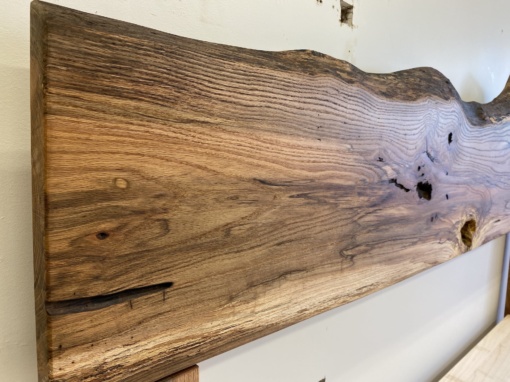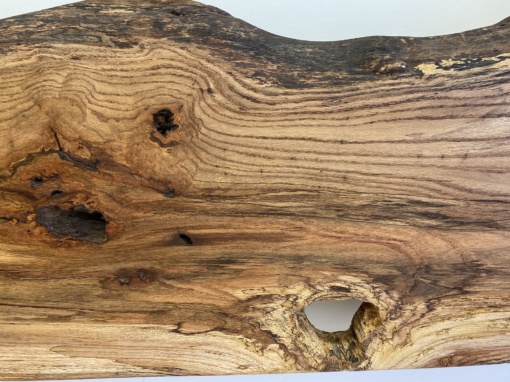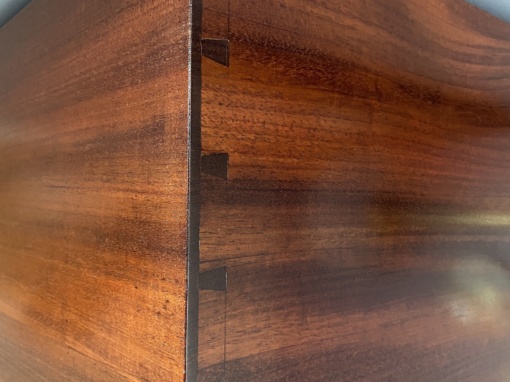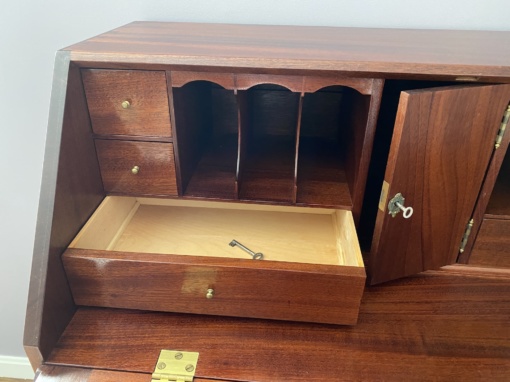As summer approaches, most of us feel an urge to get more active. Unfortunately, that tendency applies to pests as well as people. There’s a strong relationship between warmer weather and the explosion of bugs that seems to occur in the summer months because insects are cold-blooded.
“The warmer the weather gets, the more optimum it is for their growth,” says Stoy Hedges, an entomologist and director of technical services for Terminix, the country’s largest pest-control company.
According to the National Pest Management Association, the five top summer pests are mosquitoes, ants, wasps and hornets, spiders and ticks. Here is advice on keeping them out of your house.
 Photo courtesy of National Pest Management Association/Gene White. |
Mosquitoes
The number one rule to controlling mosquitoes is to get rid of standing water around your house because that’s where mosquitoes lay their eggs. Any water that sits for seven days or longer can breed mosquitoes, so make sure you change the water in bird feeders and kiddie pools.
“Even soda cap lids can hold thousands of larvae,” says Cindy Mannes, vice president of public affairs for the National Pest Management Association. Keep your gutters running clean, and drill holes in the bottom of tire swings. (Swimming pools are exempt because the chlorine in them kills the larvae.)
Also, make sure your screens fit securely and are in good repairs, and don’t leave the doors, including garage doors, open.
It is true, by the way, that mosquitoes seem to swarm around some people and pretty much leave others alone, Hedges says. All blood-feeding insects are attracted to body heat, carbon dioxide and a chemical substance released by living organisms called a kairomone. “Some people give off a little more body heat or kairomones,” he says.
 Photo courtesy of the U.S. Geological Survey. |
Ants
Ants show up in your house looking for food or water, or to avoid bad weather, such as flooding. The best way to keep them outside where they belong is to caulk any cracks, crevices or small holes, says Frederique DeLame entomologist for Combat ant baits. Keep all vegetation, including mulch, at least a foot away from your house and trim back any shrubs or tree branches that touch the house.
Also, fix water leaks and insulate cold pipes and appliances that produce condensation. Don’t over-water house plants, and keep pet food stored in airtight containers.
Wasps and Hornets
Because wasps and hornets are often aggressive in protecting their nests, you need to be on the lookout for them during the summer. There’s little you can do to
 Photo courtesy of National Pest Management Association/Gene White. |
keep them from building nests or from getting into your house if they really want to. “You can’t deny them access,” Hedges says. “No matter how well you think you seal up holes in exterior walls, they can get in.”
If you come across a nest, leave it alone and call a pest control professional, Hedges says. “More people die from bee and wasp stings than snake bites,” he cautions.
If you find a nest inside a wall and can get close enough to it, stick a piece of steel wool in the hole, shut the door to the room, put tape or a towel at the bottom of the door and call a professional. It’s not worth the risk to try to do it yourself.
“A guy in Mississippi tried to smoke out hornets and burned down his house,” he says.
 Photo courtesy of National Pest Management Association/Gene White. |
Spiders
Spiders actually are more helpful to humans than harmful because they prey on other pests, including mosquitoes. “I love spiders; they’re fantastic,” says Stewart Clark, director of research and development for St. Louis-based Senoret Chemical Company, which makes Terro insect control products, which are widely available at retail stores. “We really only have two spiders in the U.S. that cause problems—the black widow and the brown recluse.”
Most people, however, don’t share Clark’s affection for arachnids. His advice for keeping them out your house: “Clean up the joint.” Don’t leave piles of junk lying around the house or keep a wood pile against the house.
As with ants, caulk around windows and doors and trim branches touching the house to reduce their entry points. Clean out your gutters; if they’re clogged, they’ll attract spiders for the mosquitoes that lay their eggs there.
 Photo courtesy of the Department of Health and Senior Services. |
Ticks
If you live anywhere that there are wild animals—including raccoons, skunks and squirrels—there’s not much in the way of home repair you can do to eliminate the risk of ticks, Hedges says. The animals carry the ticks, which will drop off as the animals walk through your yard. You and your pets pick them up the same way. The only real preventive measure for ticks is to check yourself and your pet to keep from bringing them indoors.
Credit: Renovate Your World


